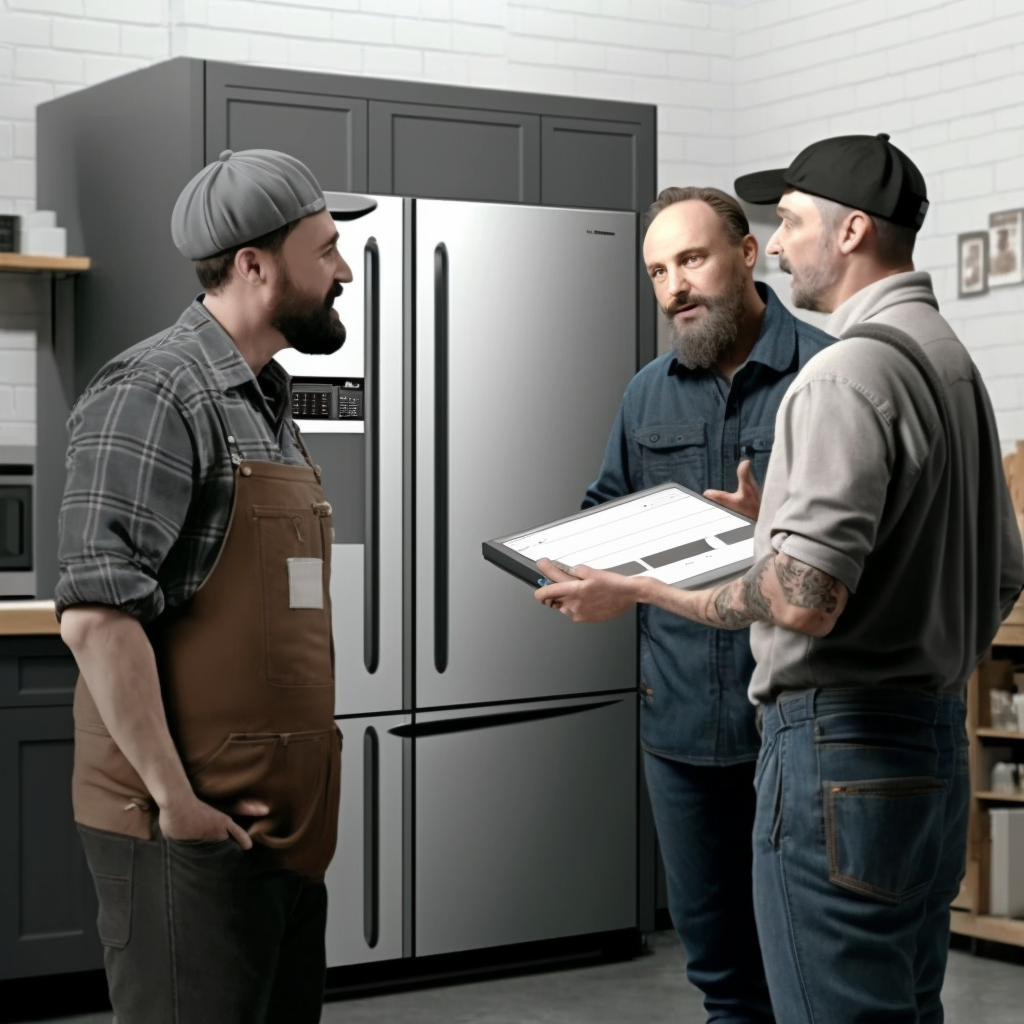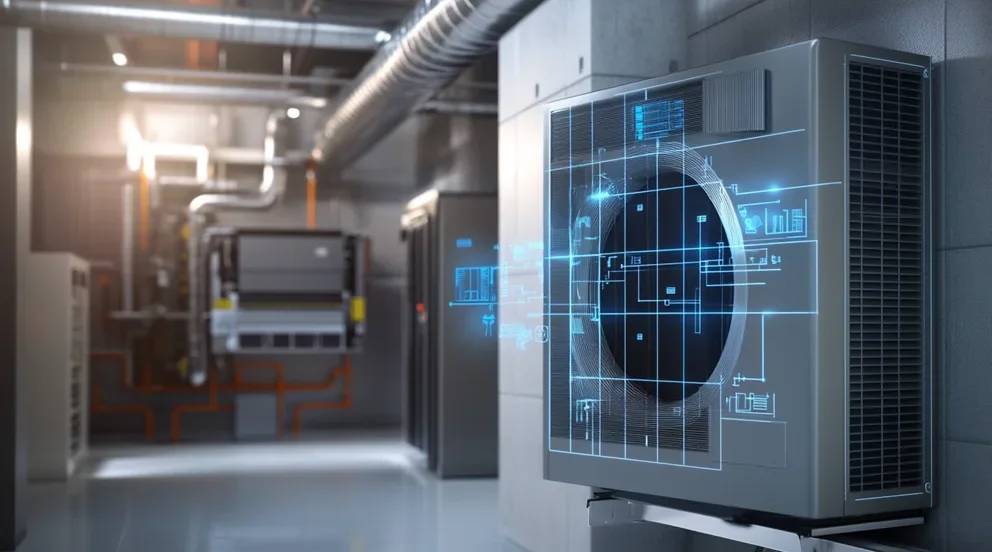Appliance Repair CRM stands for Customer Relationship Management. It is a computer software-based program used mainly by companies in the appliance repair industry to manage their relationship with their customers more effectively.
The purpose of Appliance Repair CRM is to assist the appliance repair company in better understanding, monitoring, and predicting their customer needs. It can be used to track and measure customer interactions, consolidate customer information into an easy-to-use central database, organize customer data for improved data access and customer segmentation, automate customer-related tasks, and provide customer loyalty and rewards programs.
Appliance Repair CRM also automates communication with customers, including sending out customer service surveys, customer feedback, and appointment updates. It also helps to plan customer appointments, handle customer requests, and track customer service trends.
Overall, Appliance Repair CRM allows appliance repair companies to handle customer requests more, understand customer needs and preferences, and provide greater customer service and satisfaction. By managing customer relationships more efficiently and providing tailored customer service, appliance repair companies will be able to increase customer loyalty and retain more customers.
What are the important elements to look for when applying CRM for appliance repair businesses?
When using Appliance Repair CRM for appliance repair businesses, it is important to look for certain elements to ensure efficient and effective management of customer relationships. The most important elements to look for include a centralized customer database, automated processes, customer segmentation, customer activity tracking, appointment scheduling and reminders, customer loyalty and rewards programs, and customer feedback.
A centralized customer database is necessary to make sure customer information is easily accessible, up-to-date, and organized in one location. Automation of processes helps to reduce manual workload and ensure that customer-related tasks are completed quickly and accurately. With customer segmentation, businesses can target specific customer groups with tailored offers and services, which increases customer loyalty and satisfaction. Customer activity tracking ensures accurate billing and helps to identify customer trends and opportunities. Appointment scheduling and reminders are important to help ensure that customers are attended to in a timely manner. Finally, customer loyalty and rewards programs reward customers for their loyalty to the business, as well as offering incentives to attract new customers.
Overall, it is important to look for these elements when applying Appliance Repair CRM to ensure that customer relationships are managed efficiently and customer service levels are maintained.
What are the benefits of having CRM for appliance repair businesses?
Having Appliance Repair CRM for appliance repair businesses can offer many benefits, including improved customer service, cost savings, increased efficiency, and greater customer loyalty and satisfaction.
Better customer service is achieved as customer information is stored in one central place and customer interactions are automated. Automated processes also help to reduce the time taken to complete customer-related tasks, increasing customer service levels and customer satisfaction. Cost savings are made due to automated processes reducing the manual workload, and increasing efficiency and accuracy. Additionally, offering customer loyalty and rewards programs help to reward loyal customers as well as attract new ones.
The improved customer service, cost savings, and increased efficiency achieved by using Appliance Repair CRM provide greater customer satisfaction, resulting in more customers coming back, increased sales, and greater customer loyalty. Overall, the benefits of Appliance Repair CRM for appliance repair businesses are clear, and by implementing such a system businesses can enhance their customer service levels and profitability.
What are the potential risks associated with implementing Appliance Repair CRM?
Although Appliance Repair CRM offers many benefits for appliance repair businesses, there are some potential risks associated with the implementation that businesses should be aware of. These include data security issues, customer privacy concerns, and system incompatibilities or malfunctions.
Data security is a major concern as customer information is stored in one central place and can be accessible to all staff members. To reduce this risk it is important to ensure that appropriate measures are taken to secure the system and protect customer data from unauthorized access or malicious activity. Customer privacy must also be taken into consideration when implementing CRM, as customers may not want their personal information shared or used. Finally, there may be compatibility issues if the software does not integrate with existing systems such as accounting or billing software, which can cause malfunctions and reduce efficiency.
Overall, there are potential risks associated with implementing Appliance Repair CRM that businesses should take into consideration before implementation. Measures should be taken to ensure data security and customer privacy, as well as testing for system compatibility or malfunctions. By considering these points businesses can make sure they enjoy the many benefits of using Appliance Repair CRM while minimizing the potential risks.
How would an appliance repair business go about implementing Appliance Repair CRM?
When implementing Appliance Repair CRM, appliance repair businesses should consider the following steps:
1. Research different CRM software solutions to find one that meets your business’s specific needs and budget.
2. Ensure that data security is a priority when selecting a solution and implement measures to protect customer data from unauthorized access or malicious activity.
3. Test the system for compatibility with existing systems such as accounting or billing software.
4. Train staff on how to use the new software and ensure customer privacy concerns are taken into consideration when using it.
5. Monitor customer interactions through the new system and adjust processes as needed to improve efficiency and customer service levels.
6. Use customer loyalty and rewards programs to reward loyal customers and attract new ones.
By considering these points, businesses can ensure that they are implementing Appliance Repair CRM in the most efficient manner possible and enjoying all of its benefits while minimizing potential risks.
What tips and best practices can be used to ensure the successful implementation of Appliance Repair CRM?
To ensure a successful implementation of Appliance Repair CRM, appliance repair businesses should follow these tips and best practices:
1. Research different software solutions to find one that meets your business’s specific needs and budget.
2. Ensure that data security is a priority when selecting a solution and implement measures to protect customer data from unauthorized access or malicious activity.
3. Test the system for compatibility with existing systems such as accounting or billing software.
4. Train staff on how to use the new software and ensure customer privacy concerns are taken into consideration when using it.
5. Monitor customer interactions through the new system and adjust processes as needed to improve efficiency and customer service levels.
6. Use customer loyalty and rewards programs to reward loyal customers and attract new ones.
7. Establish a feedback loop to ensure customer satisfaction with the new system.
8. Regularly assess and update processes as needed to ensure the system is running efficiently and effectively.
By following these tips and best practices, businesses can ensure that they are implementing Appliance Repair CRM successfully and enjoying all of its benefits while minimizing potential risks.
How can Appliance Repair CRM be used to improve customer experience and satisfaction?
Appliance Repair CRM can be used to improve customer experience and satisfaction in several ways.
1. It can provide customers with real-time updates on their repair orders, including estimated arrival times and progress reports.
2. Customer service representatives can use the system’s data tracking capabilities to quickly identify and address issues or complaints that customers may have regarding their orders or services.
3. Customers can be easily contacted when needed for additional information or feedback, such as appointment reminders or follow-up surveys.
4. Loyalty and rewards programs encouraged through Appliance Repair CRM can help reward loyal customers and attract new ones, increasing customer satisfaction levels overall.
5. The system can be used to store customer data and create detailed reports, giving businesses insight into customer preferences and behaviors.
By utilizing Appliance Repair CRM in these ways, appliance repair businesses can ensure that they are providing the best possible service to their customers while increasing satisfaction levels.
What role does data security play when using Appliance Repair CRM?
Data security plays an essential role when using Appliance Repair CRM. As customer data is stored within the system, it’s important to ensure that all data and information is secure from unauthorized access or malicious activity. To do this, appliance repair businesses should:
1. Research different software solutions to find one that meets their business’s specific needs and budget while also offering strong security measures such as encryption and firewall protection.
2. Regularly update the software with any new security updates or patches released by the manufacturer.
3. Develop processes for secure backup of data in case of a data breach or system failure.
4. Establish clear user policies for staff members who have access to the system, including passwords and other security measures.
By taking these steps, businesses can ensure that customer data is safe and secure from unauthorized access or malicious activity when using Appliance Repair CRM. This will help increase customer trust in the business and build loyalty over time.



